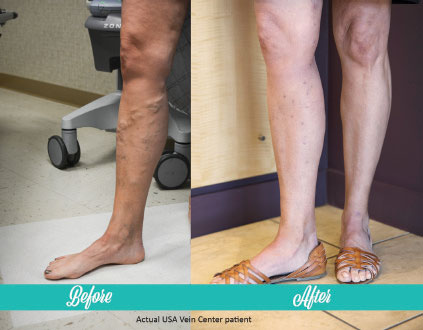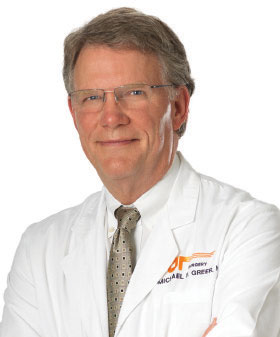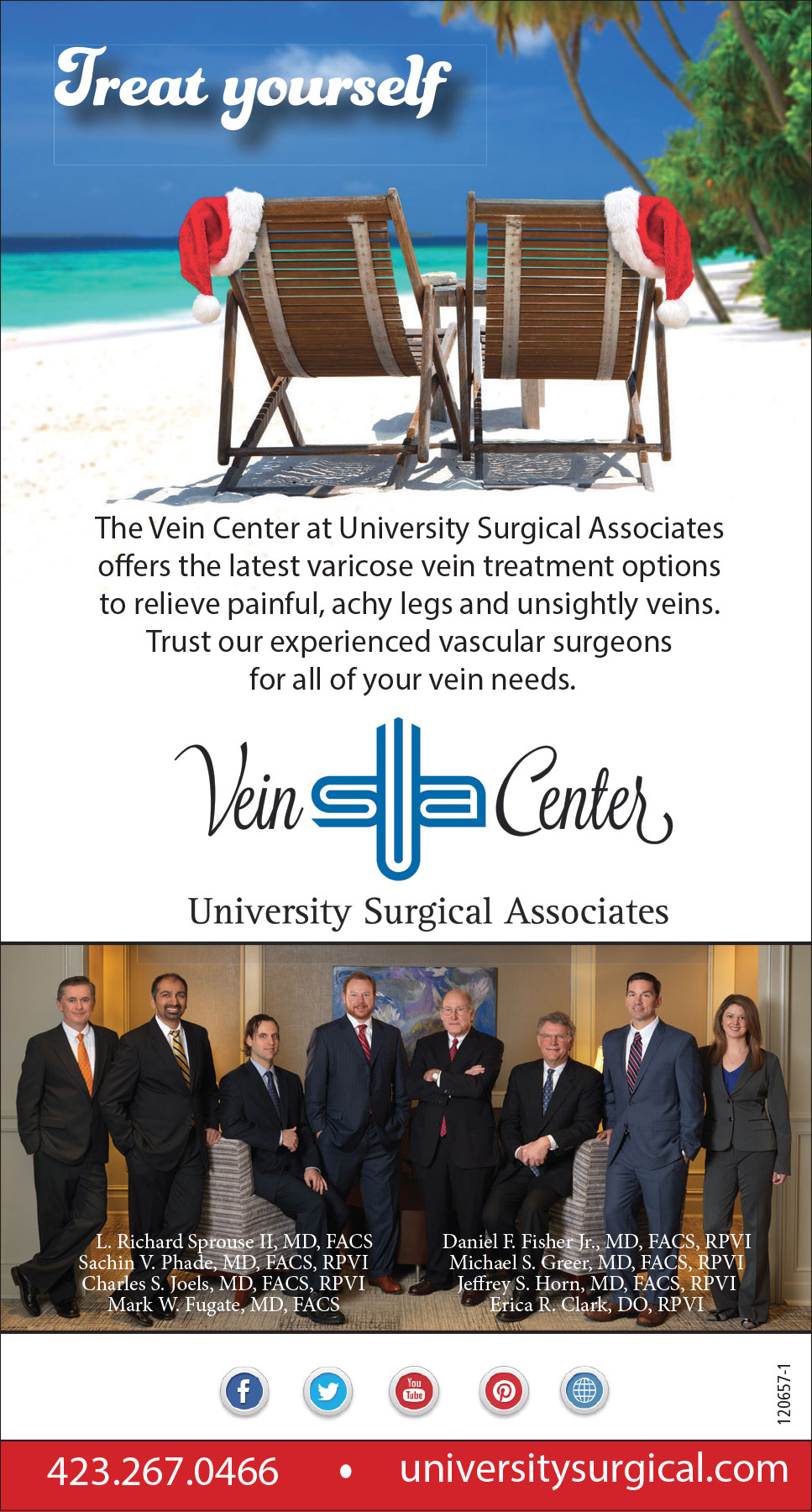Bulging, unsightly veins in your legs are something no one wants to experience – but more than just being embarrassing, varicose veins can signal a more serious health condition. For the 50% of Americans over 50 suffering from varicose veins, new treatment therapies are available.
Understanding Varicose Veins
Common in teachers, nurses, hairdressers, and especially people with a family history who spend the majority of their day standing, varicose veins often result in pain, itching, discomfort and are unsightly. Caused by weak or damaged valves, varicose veins typically appear enlarged and twisted, and can be red, blue, or flesh colored. In healthy veins, valves serve as one-way flaps to deliver blood from the extremities to the heart. If the valve becomes weak, blood can seep backward and collect in the veins, which causes varicose veins and swelling.
"If left untreated, varicose veins can progress to CVI (chronic venous insufficiency), which can cause pain, swelling and fatigue of the legs, as well as skin damage and ulcers in more severe cases," says Michael Greer, MD, vascular surgeon at the Vein Center at University Surgical Associates. "With varicose veins, the valves that push blood from the legs back to the heart no longer function, causing blood to pool in the legs."
New Solutions
Weakened or damaged valves can't be repaired, so the only alternative is to reroute blood to healthy veins. Fortunately, advancements in medicine have made it possible to treat varicose veins using non-surgical techniques and the Vein Center at USA offers a variety of treatment options.
Standard treatment involves radio waves and laser with vein removal through tiny incisions. Some patients can benefit from newer treatment options as well.
One new treatment option uses a "vein superglue," known as VenaSeal, to completely close and harden damaged veins so the blood can reroute. This procedure tends to work better for more straightforward cases that don't involve large and difficult-to-manage veins.
Another approach, called foam sclerotherapy, involves injecting a foam solution into the damaged vein to encourage clotting and redirect the blood. Eventually, the treated vein will be absorbed into the surrounding tissue. This therapy typically is performed on patients with more advanced vein issues.
A Comfortable, Confident Experience
At the Vein Center at USA, procedures are performed by highly trained and experienced vascular specialists. "I chose the Vein Center at USA to treat my varicose veins because of their in-depth experience and knowledge of vascular issues," says patient Jessica M. "Knowing I had trained surgeons taking care of me made me feel more confident."
Most vein procedures take 60 minutes or less and are generally offered with the option of conscious sedation, designed to help patients relax and sleep through the procedure without later feeling groggy. Many patients experience a quick return to normal activities following a vein procedure, typically within a few days.
Benefits to Patients
Varicose veins can be more than just painful – they can affect an individual's quality of life. Vein therapies offered at the Vein Center help restore function and appearance and allow patients to return to the joys of life with less inactive time.
We know that every person is unique, and so is every treatment plan. Your USA vascular surgeon will tailor your treatment to your specific needs and condition. Call today to schedule a consultation at (423) 267-0466.
An Expert Weighs In
"These new procedures benefit patients because they are less invasive and require less inactive time. That means individuals can return to work and other activities more quickly. Beyond that, patients will see the same results they would with a more invasive procedure, so they are not sacrificing success for an easier procedure. That's the beauty of these advancements."
Dr. Michael Greer
Vascular Surgeon, University Surgical Associates
MORE INFORMATION
To learn more, contact University Surgical Associates at 423-267-0466.


